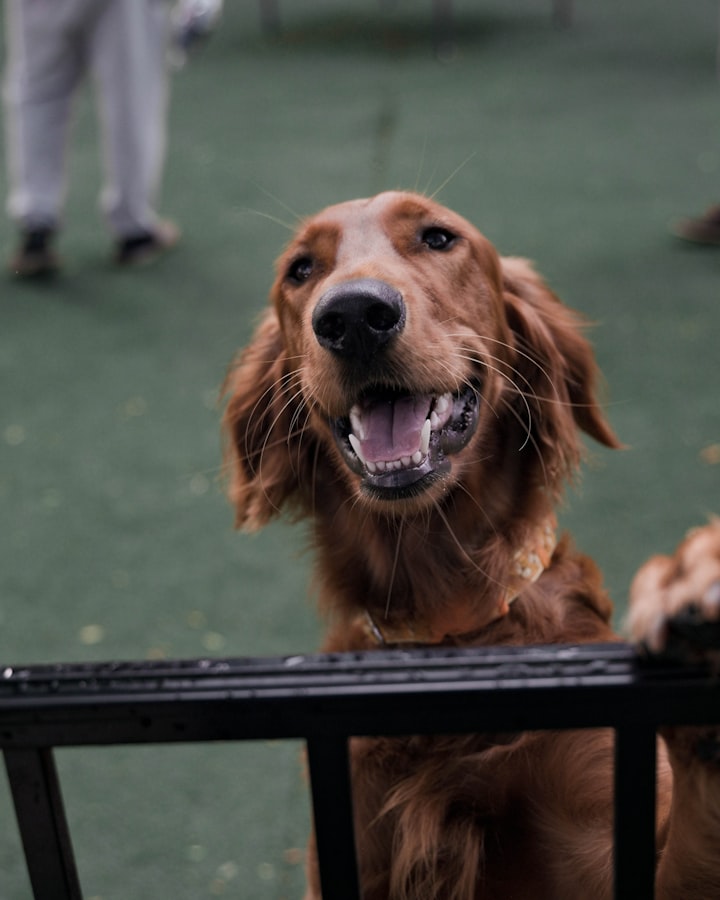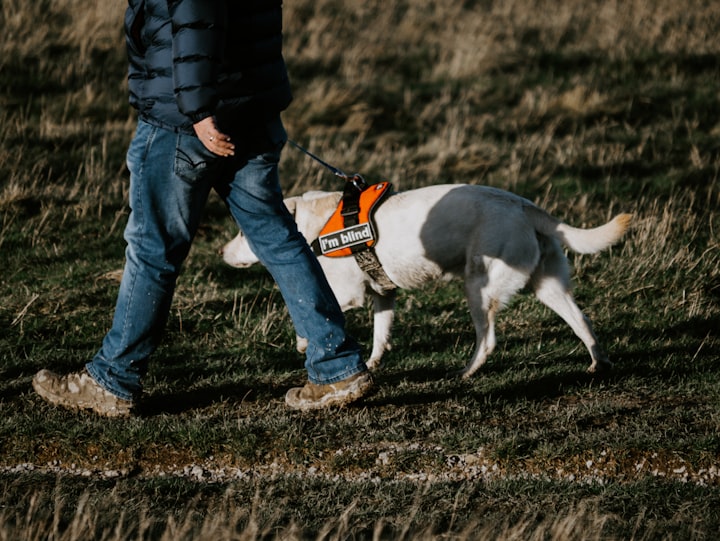
Introduction:
Dogs are known for their ability to form strong emotional bonds with humans. From wagging tails to barking, they communicate in various ways, which can range from simple body gestures to complex vocalizations. While some of these expressions are well-known and understood, others still remain a mystery. One such expression is the question of whether dogs can laugh.
What is laughter?
Laughter is a complex and universal human expression that is difficult to define. It is often described as a series of sounds that are produced during moments of joy, pleasure, and amusement. Laughter is also considered an emotional response that can be contagious, spreading from person to person, which makes it a unique form of communication.
Do dogs laugh?
While dogs do not laugh in the same way that humans do, they do have a few vocalizations that are similar to laughter. The most common of these is called "play vocalizations." These vocalizations are often described as high-pitched, rhythmic panting sounds that dogs make when they are playing or feeling happy.
However, it is important to note that these play vocalizations are not exactly the same as human laughter. While they serve a similar purpose, they are not always an indicator of true joy or pleasure in dogs. Instead, they are a form of communication that is used to signal playfulness and an invitation to play.
What do dogs use play vocalizations for?
Play vocalizations are an important aspect of canine communication, especially during playtime. Dogs use these vocalizations to signal that they are in a playful mood and to invite other dogs or humans to play with them. By making these sounds, dogs are essentially saying, "Let's play!" and encouraging others to engage in play behavior.
Additionally, play vocalizations can also serve as a way for dogs to communicate and coordinate their play behavior with each other. For example, if one dog starts to bark or growl during play, this can signal to the other dog that the play has become too rough, and they may need to tone down their behavior.
Can dogs understand human laughter?
Dogs have an amazing ability to understand human body language and vocalizations, and this includes laughter. While dogs may not fully understand the meaning of human laughter, they are often able to recognize it as a positive and happy sound. This recognition can then lead to a positive emotional response in dogs, such as wagging tails or playful behavior.
Furthermore, research has shown that dogs are also able to recognize laughter that is directed specifically at them, indicating that they have a heightened ability to understand the social cues of human laughter. This ability to recognize human laughter is likely due to the strong emotional bond that dogs have with their human companions and their evolved ability to understand and respond to human vocalizations.
Another important aspect of dog play vocalizations is the context in which they are made. For example, dogs may make different sounds when playing with a human than when playing with another dog. This context sensitivity is an important aspect of canine communication and allows dogs to effectively communicate with their play partners.
Conclusion:
In conclusion, while dogs may not laugh in the same way that humans do, they do have vocalizations that serve a similar purpose. These play vocalizations are an important aspect of canine communication and are used to signal playfulness and an invitation to play. Additionally, dogs are able to recognize and respond to human laughter, which is a testament to their amazing ability to understand and form emotional bonds with humans. So, while dogs may not be able to laugh in the traditional sense, they do have their own unique way of expressing joy and happiness.
About the Creator
Sonamj
"Empowering minds & spreading positivity 🌞
Avid learner, coffee addict, and lover of all things creative 🎨
Come along with me as I navigate this beautiful journey called life 💕"






Comments
There are no comments for this story
Be the first to respond and start the conversation.